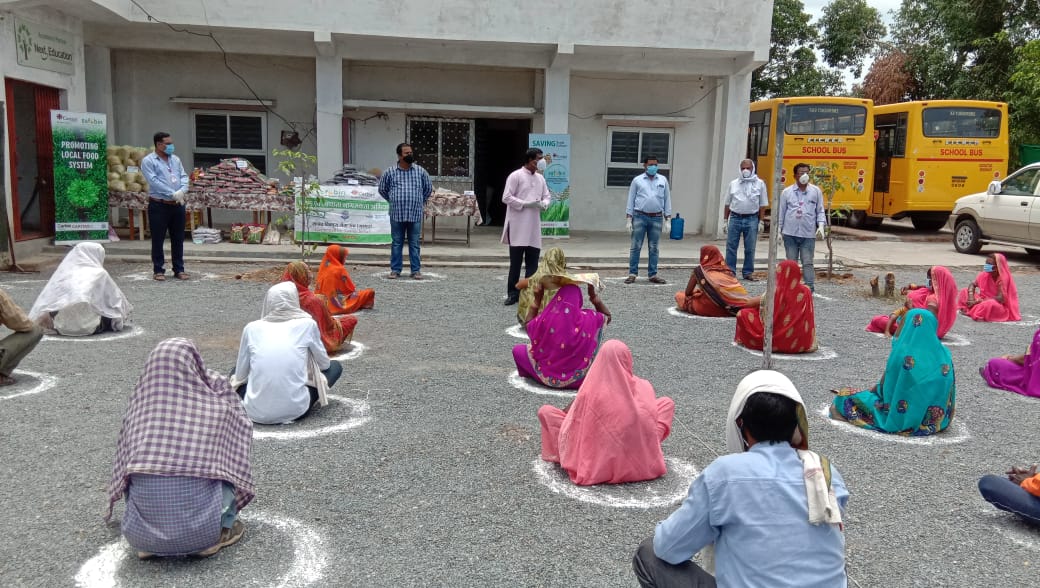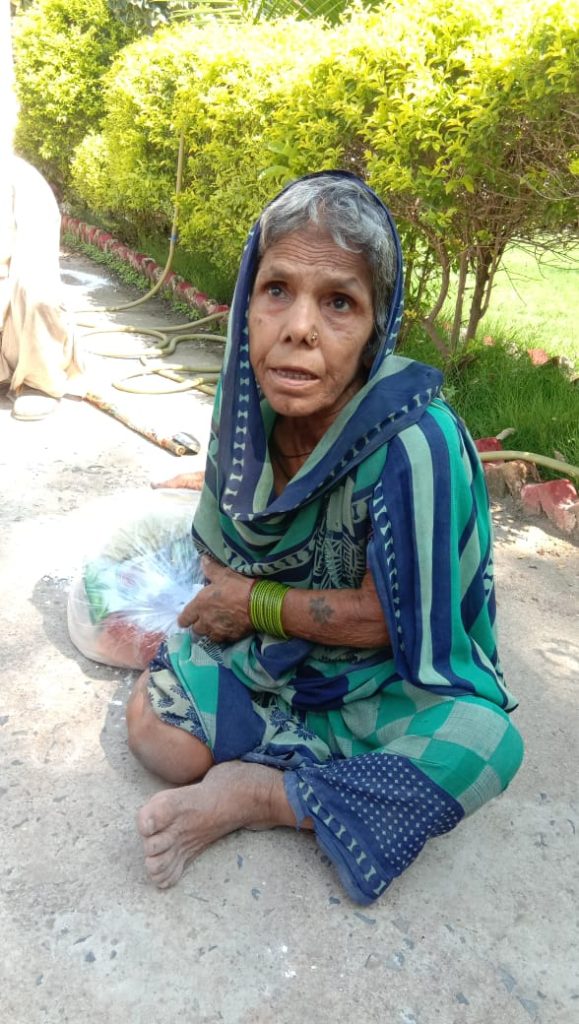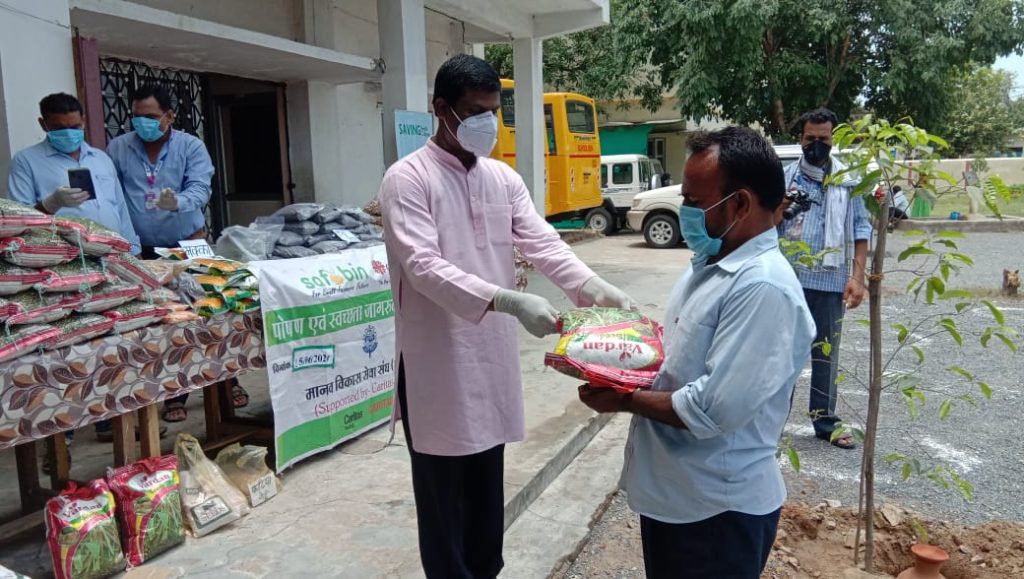
Persons with disabilities generally have more health-care needs than others. Globally, 1 in 7 people is living with a disability – roughly 1 billion people. Yet their needs are too often overlooked. In India, as per NSO data 2018, an estimated 2.2percent of the Indian population with 2.3 per cent in rural and 2 per cent in urban areas has a disability; a humbling figure of over 26 million people. A person can face disability — intellectually and physically — at any point in their life from medical complications or life-altering events.[i]
Many persons with disabilities have pre-existing health concerns that make them more susceptible to many diseases, experiencing more severe symptoms upon infection, leading to higher levels of death. Persons with disabilities who are dependent on support for their daily living may find themselves isolated and struggling to survive during the lockdown. Barriers for persons with disabilities in accessing health services and information are intensified. Persons with disabilities also continue to face discrimination and other barriers in accessing livelihood and income support.
These disadvantaged circumstances make persons with disabilities more vulnerable during the COVID-19 pandemic, especially those with existing health conditions. Certain containment measures, including social distancing and self-isolation, may be difficult. Persons with physical disabilities need assistance from attendants to fulfil physiological requirements while persons with intellectual disabilities require guardians/someone who can help to ensure their daily needs. The livelihoods of persons with disabilities are also at serious risk due to the economic decline brought about by the pandemic.
In this situation of broken supply chains, widespread shortages of essential items and many restrictions, locked down etc, persons with disabilities haven’t enough resources to obtain daily necessities such as food and other essentials like groceries and medicines as well as hand sanitizers, hygiene kits and protective masks. 
Mechanisms established by the Caritas India through smallholder adaptive farming and biodiversity network (SAFBIN) team in coordination with Manav Vikas Seva Sangh (MVSS) Sagar to identify such vulnerable sections and ensure the basic amenities at their doorsteps that persons with disabilities have adequate and continuous supply of these requisite items. The team members put their efforts in identifying persons with disabilities in collaboration with the local authorities, gram panchayat sarpanch not only for SAFBIN areas but also considered the nearby communities.

Continuous Lockdowns due to the COVID19 pandemic has come down heavily on many of the marginalised communities. However, the most vulnerable and the poorest of poor like differently abled, senior citizens, single women in these communities are the most affected. SAFBIN’s goal of zero hunger therefore becomes even more crucial and address the food and nutritional security issues in these tough situations. Caritas India and her implementing partner, Manav Vikas Seva Sangh are ensuring that the affected most vulnerable communities have access to basic need of food. 121 persons with Disabilities (103 from SAFBIN program areas whereas 32 from nearby villages) who have not received any support from any sources have been supported by SAFBIN with Dry Food rations (i.e. Rice, Wheat, Pulses, Cooking Oil, Salt, Sugar and Tealeaf) along with Soap, Detergent and Protective mask for their safety. 
The team is taking extra precautions while distributing the kits. They are also simultaneously conducting awareness on social distancing and hygiene practices to be maintained to prevent possible infection of the COVID19.
(i) https://economictimes.indiatimes.com /news/economy/indicators/indias-2-2-population-suffering-from-disability-nso-survey-for-july-dec-2018/articleshow/72202650.cms